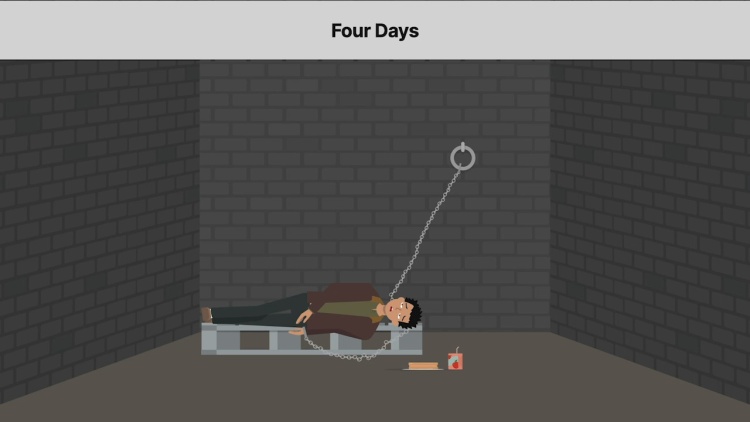Lopez v. City of Chicago
United States Court of Appeals for the Seventh Circuit
464 F.3d 711 (2006)
- Written by Craig Conway, LLM
Facts
Joseph Lopez (plaintiff) was arrested without a warrant by Chicago police for the murder of a 12-year-old boy. The boy had been struck and killed by stray gunfire in a drive-by shooting. An eyewitness identified Lopez as the shooter. Thereafter, Chicago detectives (Defendants) kept Lopez shackled to the wall of a windowless, nine-by-seven foot interrogation room for four days and nights while they investigated the case. Lopez only had a small metal bench or dirty floor upon which to sleep and there was no toilet or sink. Lopez was given only one bologna sandwich and one serving of juice during the four days and nights. From time to time, detectives would question Lopez and they made him stand in two line-ups. After two and one-half days, Lopez became disoriented and gave a false confession that did not match the details of the crime. On the fifth day of his detention, Lopez was moved to the city lockup, charged, and finally taken to court. Shortly thereafter, detectives located another individual who confessed to the murder. Lopez was released the following day. Lopez brought suit against the detectives under 42 U.S.C. § 1983 for a violation of his constitutional rights and a supplemental state claim for intentional infliction of emotional distress. After hearing the evidence, the district court granted the Defendants’ motion for a judgment as a matter of law. Lopez appealed.
Rule of Law
Issue
Holding and Reasoning (Sykes, J.)
What to do next…
Here's why 911,000 law students have relied on our case briefs:
- Written by law professors and practitioners, not other law students. 47,100 briefs, keyed to 997 casebooks. Top-notch customer support.
- The right amount of information, includes the facts, issues, rule of law, holding and reasoning, and any concurrences and dissents.
- Access in your classes, works on your mobile and tablet. Massive library of related video lessons and high quality multiple-choice questions.
- Easy to use, uniform format for every case brief. Written in plain English, not in legalese. Our briefs summarize and simplify; they don’t just repeat the court’s language.





